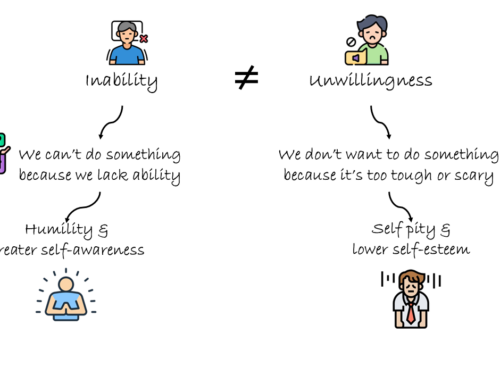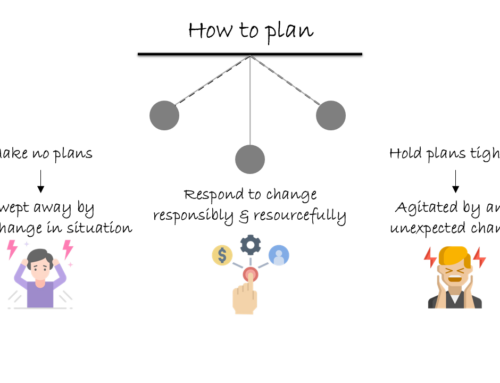Worrying about the world’s problems is often an excuse for not working on our own problems
Many people worry constantly about world problems such as climate change or discrimination.
While these are serious problems that require dedicated action, we need to begin with whatever is in our control. Otherwise, we may be deluded by our mind’s diversions. One diversionary trick of the mind is to fixate us on uncontrollable problems and blind us to controllable problems. The Bhagavad-gita (18.35) indicates that lamenting over uncontrollable things characterizes a mind infected by the mode of ignorance.
If we worry about how we will fare at a job interview instead of studying to prepare for that interview, we hurt ourselves, and we know that we are hurting ourselves. But when the object of our worry is a global issue that is also often in the public eye, we hardly ever realize that we are hurting ourselves. To the contrary, professing that we are worried about that issue when other people aren’t, gives us a sense of moral superiority. Additionally, we get this moral superiority without paying any tangible price except raising slogans and striking public poses. Such virtue signaling about world problems is far easier than becoming virtuous in our personal life, which requires committed effort.
Even if we aren’t virtue signaling, still the inside-out approach remains the most viable. If we can’t cultivate basic virtues such as punctuality, tidiness and steadiness, how can we solve world problems? If we have never fixed our own car, could we fix a plane?
A universally helpful virtue that we all can develop is a cleaner consciousness. When our consciousness isn’t dissipated in pet peeves and resentment-induced paralysis, we get the inner clarity to understand how we can best improve things in our own small world and thereby gain insight to help improve things in the bigger world.
Think it over:
- How does our mind divert us?
- How is virtue signaling easier than virtue cultivation?
- How can a cleaner consciousness help us?
***
18.35 And that determination which cannot go beyond dreaming, fearfulness, lamentation, moroseness and illusion – such unintelligent determination, O son of Prutha, is in the mode of darkness.
To know more about this verse, please click on the image
Explanation of article:
https://www.youtube.com/watch?v=QY9pvl1wvQQ&feature=youtu.be
Podcast:






Hare Krishna. The psychology that leads to worrying about the world has been well captured. The uselessness of it is well exposed.
Thanks, happy to be of service.
World’s problems are now domestic problems